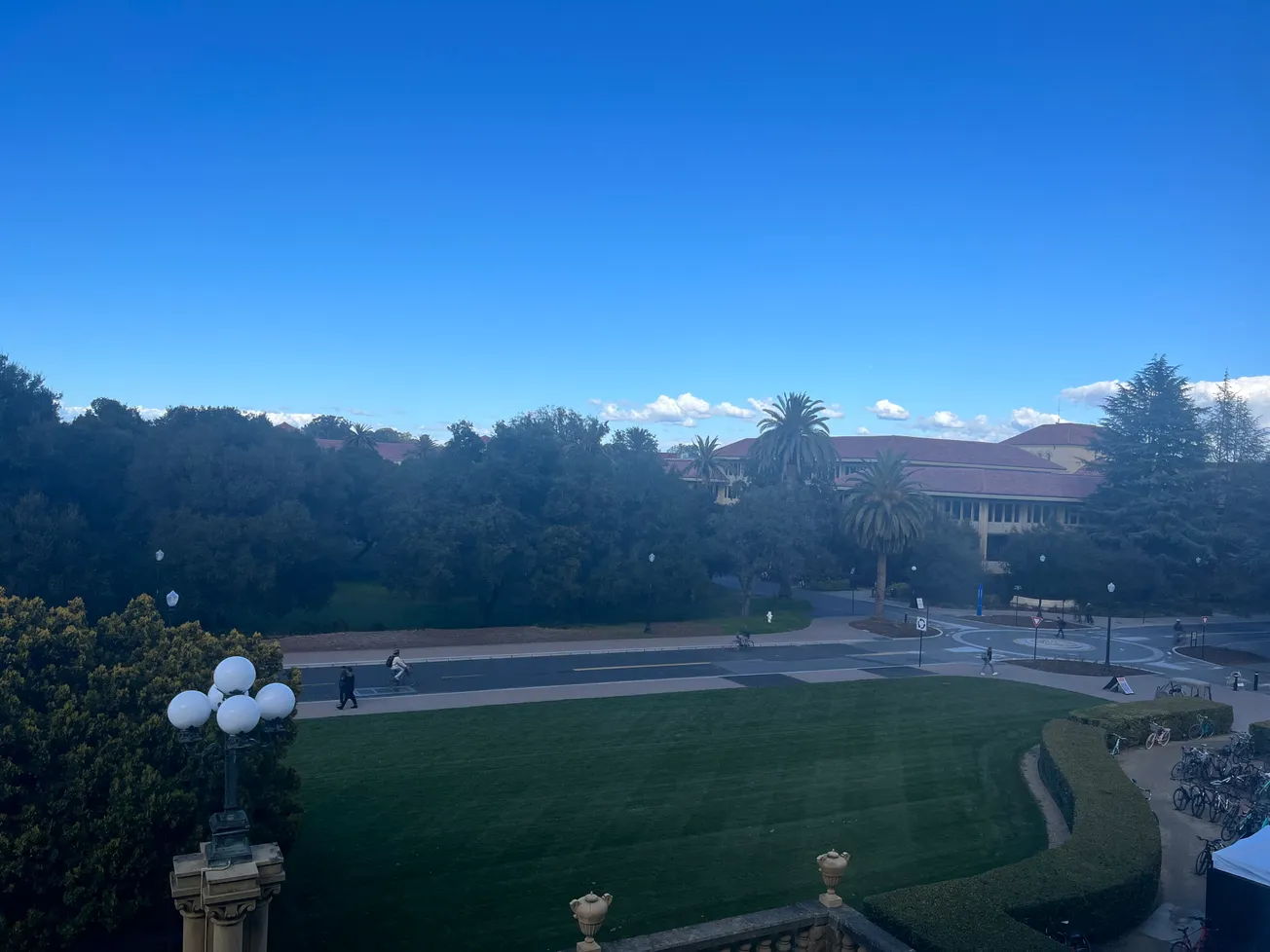Table of Contents
Though I have long since graduated from Harvard’s Business School, I’ve admired Stanford for as long as I can remember. Last December, however, Stanford’s technology leaders published a 13-page Harmful Language Handbook in which they classified 150 words as “racist, violent and biased.” The reaction to restricting terms such as “grandfather,” “American,” “master,” and “immigrant” prompted President Marc Tessier-Lavigne to clarify that the new speech standard wasn’t official, after all. Within months, he’d again issued an apology soon after a new Dean of Diversity, Equity, and Inclusion (DEI) encouraged law students to heckle and threaten a Federal Judge.
Both incidents revealed the tip of a growing and nebulous iceberg of woke intolerance. As an adjunct professor for 31 years in Stanford’s Master of Business Administration program, I’ve taught 4 courses as a grandfather and an American descendant of immigrants. For some, this made me a candidate for cancellation. As Orwellian jabberwocky replaced “equality of opportunity” with “equity,” and claims of unconscious bias and microaggressions stifled open dialogue, I found myself doxed, ultimately having to take a leave of absence from teaching a popular course. Looking ahead, my fervent hope for Stanford is that respectful and open debate will once again flourish on campus; a few topics highlight what must change around discourse to achieve that goal.
As new DEI administrators elevate matters of race, gender, and sexual orientation over those of merit, I reflect on my years at JetBlue. I liberally advanced women and minorities but refused to lower standards for pilots. To risk passenger safety to achieve a worthy societal goal seemed as improper as seeking to increase the universe of scratch golfers by raising par to nine.
I’ve long observed that excellence requires character, competence, and commitment (not a limited list of immutable characteristics), breakthrough creativity depends on diverse optics (not identities), and, inclusion, to be real, must be rooted in merit (not mandates). Do DEI gatekeepers know whether they are enhancing or hampering the odds of genuine inclusion for Diversity-Hires, helping or harming innovation, or making institutional excellence easier or harder to come by?
As one who drives an EV and uses solar panels for electricity, I’m surprised at the existential panic over climate on college campuses. As adherents label skeptics “science deniers,” they seem erratically to reject clean alternatives such as nuclear and hydroelectric power, dismiss the advantages of adaptation over mitigation, and ignore the vast benefits of hydrocarbons during an extended transition. And, instead of acknowledging the notorious intermittency and unreliability of solar and wind, the inefficiency of biofuels, or the demonstrably harmful environmental impacts of solar and wind farms, one Stanford climate scientist openly admits to “keeping the public fearful” with “loads of media coverage,” “scary scenarios,” and concealment of his own “doubts.”
Others, ignoring the far-reaching geopolitical dislocations built into green energy, turn a blind eye to the impact of the rapid elimination of fossil fuels on the world’s poor. Why would anyone quash debate over such essential “heresies”?
But the problems go further than climate change. As the son of a PhD geneticist, I was raised to be skeptical of anyone claiming “settled science.” So, when I learned that a faculty member who’d questioned the wisdom of COVID lockdowns had been “forcefully disavowed” by Stanford’s Faculty Senate for his “misrepresentations of science,” I was stunned. When his concerns turned out to be valid, I was at once relieved that some colleagues had offered sotto voce acknowledgement of the travesty, and equally distressed that Stanford’s Faculty Senate had offered no apology.
Consistent with such arrogance are the cases of i) Stanford dropout and Theranos founder Elizabeth Holmes sent to prison for her fraudulent blood-testing scheme, ii) alleged FTX crypto fraudster Sam Bankman-Fried caught (and now awaiting trial from his Stanford faculty-parents’ home), and iii) butterfly expert Paul Ehrlich, pretending to be a Stanford environmental scientist as he confidently predicted a “sudden die-off of 4 billion people by the end of the 1980’s.”
This last is, again, notable as he served as precursor to today’s climate alarm. For a half-century, with no censure, Ehrlich used his tenured post to cry wolf. His fantasy predated Al Gore’s explicit prediction of a “near-future worldwide 20-foot rise in sea levels” (based on so-called settled science). As those who tend to be fearful, opportunistic, and/or controlling found Gore’s predictions credible, the former VP harvested both a Nobel Prize and an Academy Award. Time Magazine then upped the ante by selecting Greta Thunberg as its 2019 Person of the Year; and she announced humanity’s certain extinction if fossil fuels weren’t eliminated. So, when Joe Biden pronounced climate change an “existential threat,” Stanford raised over a billion dollars to “accelerate solutions” to what it saw as, what else? A “global climate crisis.” As fossil fuels became public enemy #1, I became an agnostic within a secular faith that won’t permit doubt. Is this a version of the settled science that once found Galileo “vehemently suspect of heresy?”
Should Stanford wish to welcome diverse viewpoints with the same institutional enthusiasm it uses to promote DEI, it will reject political correctness; stand up to imposed dogma; and protect—rather than punish—those whose viewpoints diverge from today’s orthodoxy. Its rejection of groupthink must include an honest reconsideration of the effects on society of lowering standards to secure DEI targets, the feasibility of climate responses based on rigorously determined costs, benefits, and probabilities, and an evaluation of the narratives surrounding COVID’s origin and governmental responses. By letting sunshine disinfect this holy triad of issues, Stanford may still secure 21st-century credibility for its 20th-century motto: “Let the wind of freedom blow.”
Joel Peterson is the Robert L. Joss Professor of Management at Stanford University, the former managing partner of the Trammell Crow Company, and the former i) chairman of JetBlue Airways, ii) Chairman of the board of Overseers of Stanford’s Hoover Institution, and iii) Chairman of Peterson Partners (a sponsor of over $3 billion in private equity, venture, and real estate funds).









